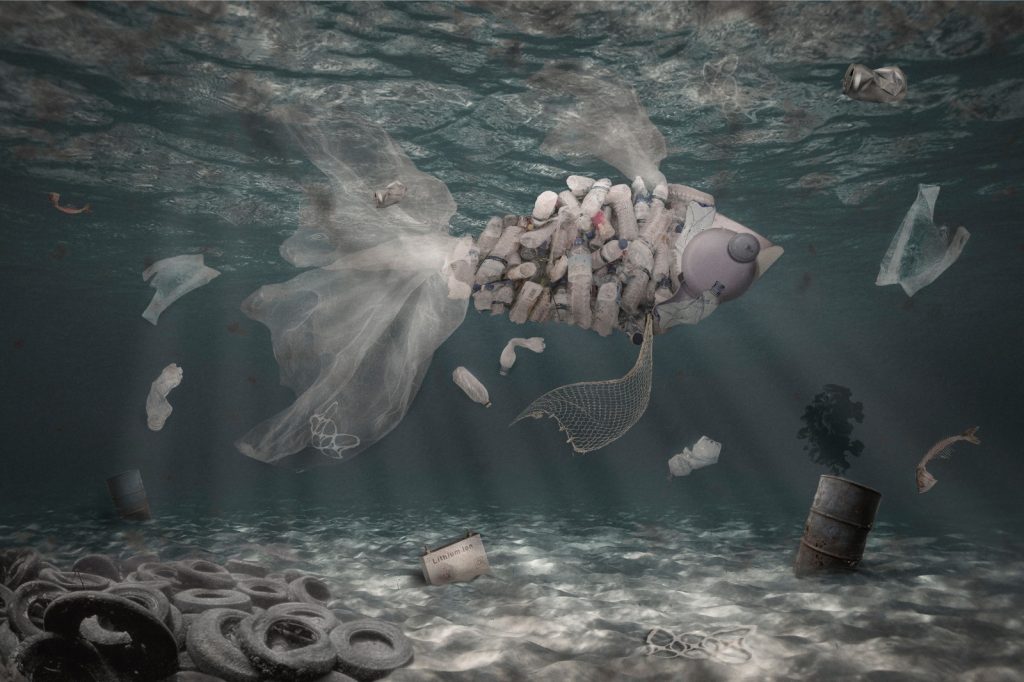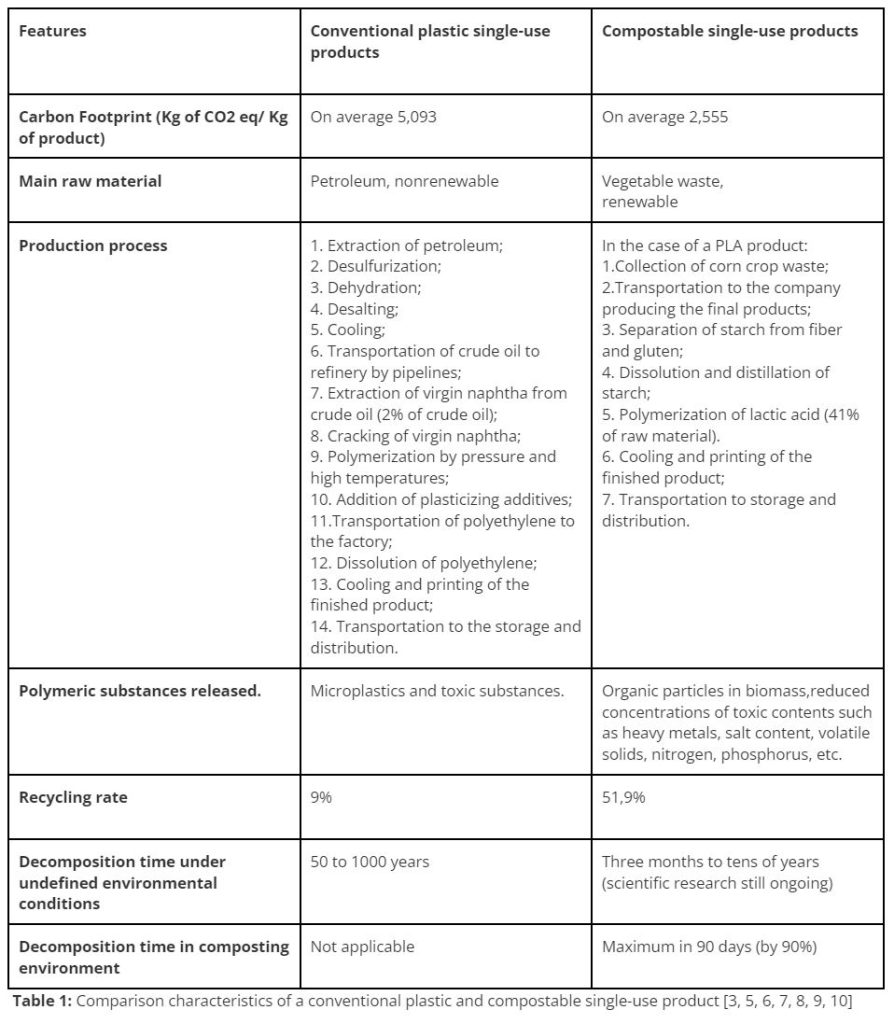
Introduction
The French Ecological Transition Agency (ADEME), published a report last May entitled "The limits of compostable plastic packaging." In this communication, the institution states that "the choice of compostable plastic packaging is (...) not a solution to the problem of pollution generated by plastics in the environment" and "recommends that residents put compostable plastic packaging in the (conventional plastic) recycling bin rather than in the stream intended for composting" (of organic waste). It then informs that "compostable plastic packaging is separated from the recyclable waste stream and sent with other waste, generally to energy recovery," i.e., to incineration or pyrolysis.[4]
The reasons given allude to the inability, at the current state of the art, of composting facilities and related regulations administering them, to properly manage this waste.
This warning is to be contextualized in the broader framework of the so-called Agec (Anti-gaspillage pour une économie circulaire) anti-waste law of 2020 with which France transposes the 2019 European Single Use Plastics (SUP) Directive. The latter, in fact, includes bioplastics in the definition of plastics, thus inviting member states to apply the identical restrictive measures to plastics of fossil origin and compostable materials of plant origin. [5]
Like France, other European countries have also aligned with this approach, such as Portugal, Greece, Sweden, Denmark, etc., which have abolished bioplastic alternatives along with plastic plates, cups, straws, and containers. Italy, on the other hand, has taken up the issue with some exemptions that allow the use of compostable disposables instead of fossil-based plastics.[1, 2]
The Eco Sphere Academy's position
This situation has stimulated an intense international debate on the topic of compostable bioplastics, which understandably causes confusion and disorientation in the definition of environmental sustainability strategies of many responsible realities and stakeholders. In light of this, it is therefore appropriate to specify Eco Sphere Academy's position on the matter.
Undoubtedly, the European SUP Directive is an important step forward in addressing the emergency of single-use fossil plastic pollution in Europe by abolishing the marketing of many single-use items with a high environmental impact. However, we believe that a priori discouraging the use of compostable single-use, along with conventional plastic, and consequently curbing the industrial innovation processes that many realities are pursuing, is a short-sighted, anachronistic and counterproductive strategy
Indeed, in many cases, the substitution of single-use items is not possible.
This is true for the vast majority of sanitary products, for much primary and secondary packaging of food and non-food items, for some food storage products, as well as for numerous situations in which sanitary regulations and market contingencies force caterers and event organizers to use single-use products. A few examples: can you imagine reusable food wrap? Or reusable food vacuum bags? Or reusable garbage bags?

That is why the Eco Sphere Academy strategy proposes a prioritization of reduction actions that in some cases suggests items made of compostable bioplastics, albeit against the recommendations of some national jurisdictions. Without prejudice to the fact that compliance with the legislative framework in force in the various territories remains an essential prerequisite for organizations wishing to certify, according to our Standard, single-use compostable plastics remain an acceptable and preferable Plastic Free solution compared to the use of single-use plastics of fossil origin, for all cases in which it is not possible to opt for alternatives that eliminate single-use.
Specifically, organizations that certify on our Plastic Free Standard - Management System, are required to evaluate the least environmentally impactful solutions, and only in cases where it is not possible to implement them, for reasonable and demonstrable reasons, may further types of actions be opted for, in the order set forth below:
Insight
We present the reasons for this choice in Table 1 below, which compares the characteristics of disposable products made of conventional plastic with those made of compostable materials. The information gathered objectively and unequivocally

Conclusion
Eco Sphere Academy believes that the choice of bioplastics, in many cases, represents a viable alternative and an act of responsible consumption, an alternative that, unlike fossil-derived plastics, does not fuel the petroleum industry, does not require countless processing, does not release toxic substances, does not have shamefully low recycling rates and huge degradation times.
It is therefore deemed of strategic and fundamental importance that political and civic institutions incentivize the development of production and disposal systems for these materials in order to promote a complete conversion to compostable of inevitable disposable materials, instead of slowing down this process by preserving the obsolescence of national waste management systems.
References:

